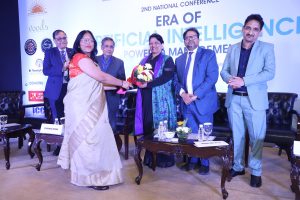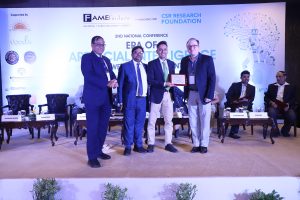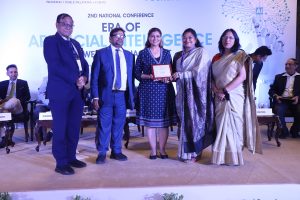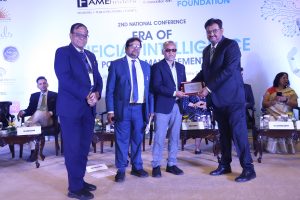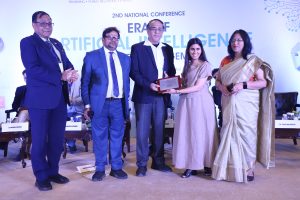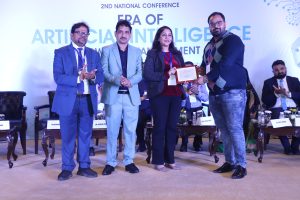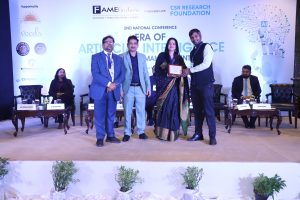“More often than not, parents and students alike have to be reminded that a few IIT graduates getting a salary package over one crore is an exceptional outlier,” argues Prof. Abhyankar.
Every June, parents of prospective IIT students contact me with a number of inquiries. The question “Sir, what branch should we choose?” is the most typical.
Answering this question is difficult, yet it’s also the most straightforward.
I’ll start with the straightforward response. The academic ecology at IITs, which is always changing, guarantees that the academic curricula are continuously in sync with the shifting business environment. Therefore, if a student is serious throughout college, regardless of the field they select, they will have a successful entry into the working world.
But this is where the answer gets tricky. Branches and even IITs are frequently considered by parents and students as routes to large pay packages. The truth is that they are capable of much more than just earning a salary.
I don’t mean to imply that potential students are not enthusiastic about their chosen fields. However, parents and students must frequently be reminded that the rare IIT graduate who receives a compensation package over one crore is an extraordinary outlier.
As a result, it’s critical to consider more modern frameworks for introducing others to the IIT system and its success. And this is my suggestion: students who enrol in the institutes would have the chance to help construct the country.
And this is hardly a heated debate. I would contend that it is a wise decision that results in a win-win scenario. There is no doubting that each student makes a difference in the development of the country, whether directly or indirectly and in varying degrees.
However, the atmosphere at IIT in particular is a fantastic enabler for connecting students to the frontiers of current and future national objectives and interests. National priorities can also be global objectives in some areas. Of course, both the demands and the circumstances of national and international causes fluctuate.
For instance, global concerns about climate change and sustainable energy are among the top ones. Here, a lot of focus resources will be directed towards research, innovation, the development of technology, and policy.
A lot of you are aware of India’s pledge to the world to achieve net zero energy by 2070. India has set an ambitious goal to install 500 GW of renewable energy sources by 2030 in this approach.
These are significant dedications. The use of local resources must increase for them to be viable. There needs to be a strong Indian influence throughout the entire value chain linked to these aims.
The same is true for the individuals who will lead these expeditions. The achievement of these national goals will largely depend on the existing and upcoming generations of engineers who graduate from prestigious institutions like the IITs. And IITs can be crucial to this endeavour thanks to their academic curricula and research infrastructure.
IITs periodically examine their curricula, redesigning any outdated programmes. In order to stay on top of current and upcoming trends, new programmes are introduced.
For instance, the recently announced IIT Delhi-Abu Dhabi campus has programmes on energy and sustainability. This includes all facets of that field, such as technology, analytics, and policy.
The demands of the industry are intricately tied to the research and consulting initiatives that faculty members at IITs do. The UG and PG students gain insight into issues in real world through these projects.
For instance, those learning about power engineering would have the opportunity to participate in the design and planning of the nation’s whole electric transmission grid. Those involved in chemical technology would have the chance to create a game-changing innovation for long-term energy storage. Those with an interest in communication engineering may participate in the creation of a robust communication foundation for upcoming smart networks. Add to this the numerous startup success stories that have resulted from these projects.




